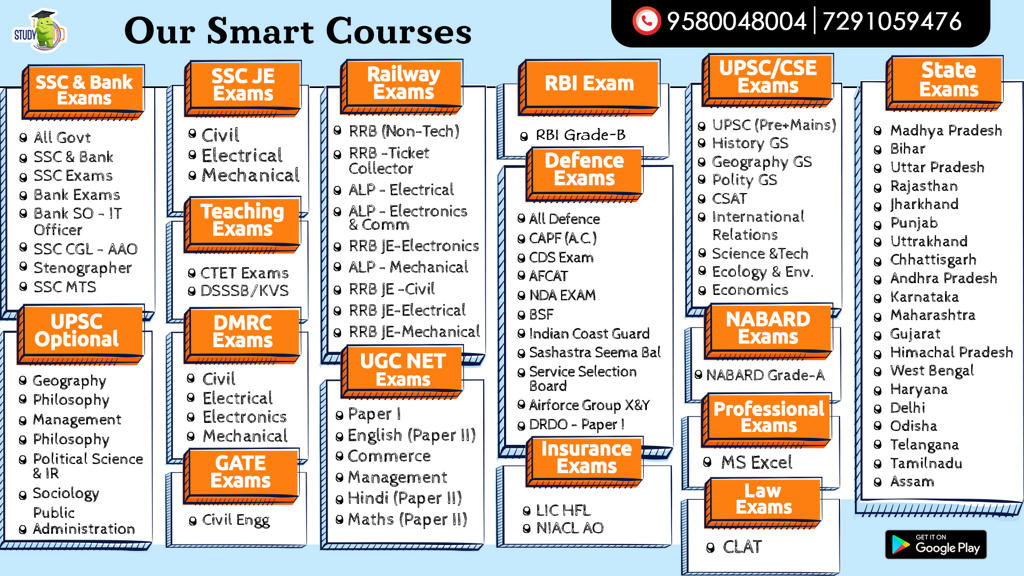Table of Contents

- The Centre has issued notice to Twitter after the micro-blogging site restored more than 250 accounts that had been suspended earlier on the government’s ‘legal demand’. The government wants the platform to comply with its earlier order of January 31 by which it was asked to block accounts and a controversial hashtag that spoke of an impending ‘genocide’ of farmers for allegedly promoting misinformation about the protests, adversely affecting public Twitter reinstated the accounts and tweets on its own and later refused to go back on the decision, contending that it found no violation of its policy.
Are platforms required to comply with government requests?
- Cooperation between technology services companies and law enforcement agencies is now deemed a vital part of fighting cybercrime, and various other crimes that are committed using computer resources. These cover hacking, digital impersonation and theft of data. The potential of the Internet and its offshoots such as mail and messaging services and social media networks to disseminate potentially harmful content such as hate speech, rumours, inflammatory and provocative messages and child pornography, has led to law enforcement officials constantly seeking to curb the ill-effects of using the medium. Therefore, most nations have framed laws mandating cooperation by Internet service providers or web hosting service providers and other intermediaries to cooperate with law and order authorities in certain circumstances.
What does the law in India cover?
- In India, the Information Technology Act, 2000, as amended from time to time, governs all activities related to the use of computer resources. It covers all ‘intermediaries’ who play a role in the use of computer resources and electronic records. The term ‘intermediaries’ includes providers of telecom service, network service, Internet service and web hosting, besides search engines, online payment and auction sites, online marketplaces and cyber cafes. It includes any person who, on behalf of another, “receives, stores or transmits” any electronic record. Social media platforms would fall under this definition.
- The Government’s initial order was issued under Section 69A of the Information Technology Act, 2000, under which it can direct an intermediary to block any information for public access “in the interest of sovereignty and integrity of India, defence of India, security of the State, friendly relations with foreign States or public order or for preventing incitement to the commission of any cognizable offence relating to above…” This is the same Section under which hundreds of Chinese apps have been banned in recent months.
What are the Centre’s powers vis-à-vis intermediaries?
- Section 69 of the Act confers on the Central and State governments the power to issue directions “to intercept, monitor or decrypt…any information generated, transmitted, received or stored in any computer resource”. The grounds on which these powers may be exercised are: in the interest of the sovereignty or integrity of India, defence of India, security of the state, friendly relations with foreign states, public order, or for preventing incitement to the commission of any cognisable offence relating to these, or for investigating any
How does the government block websites and networks?
- Section 69A, for similar reasons and grounds on which it can intercept or monitor information, enables the Centre to ask any agency of the government, or any intermediary, to block access to the public of any information generated, transmitted, received or stored or hosted on any computer resource. Any such request for blocking access must be based on reasons given in writing.

- No. Section 79 of the Act makes it clear that “an intermediary shall not be liable for any third-party information, data, or communication link made available or hosted by him”. This protects intermediaries such as Internet and data service providers and those hosting websites from being made liable for content that users may post or generate.
- However, the exemption from liability does not apply if there is evidence that the intermediary abetted or induced the commission of the unlawful act involved. Also, the provision casts a responsibility on intermediaries to remove the offensive content or block access to it upon getting “actual knowledge” of an unlawful act being committed using their resources, or as soon as it is brought to their notice.

Latest Burning Issues | Free PDF

























 WhatsApp
WhatsApp